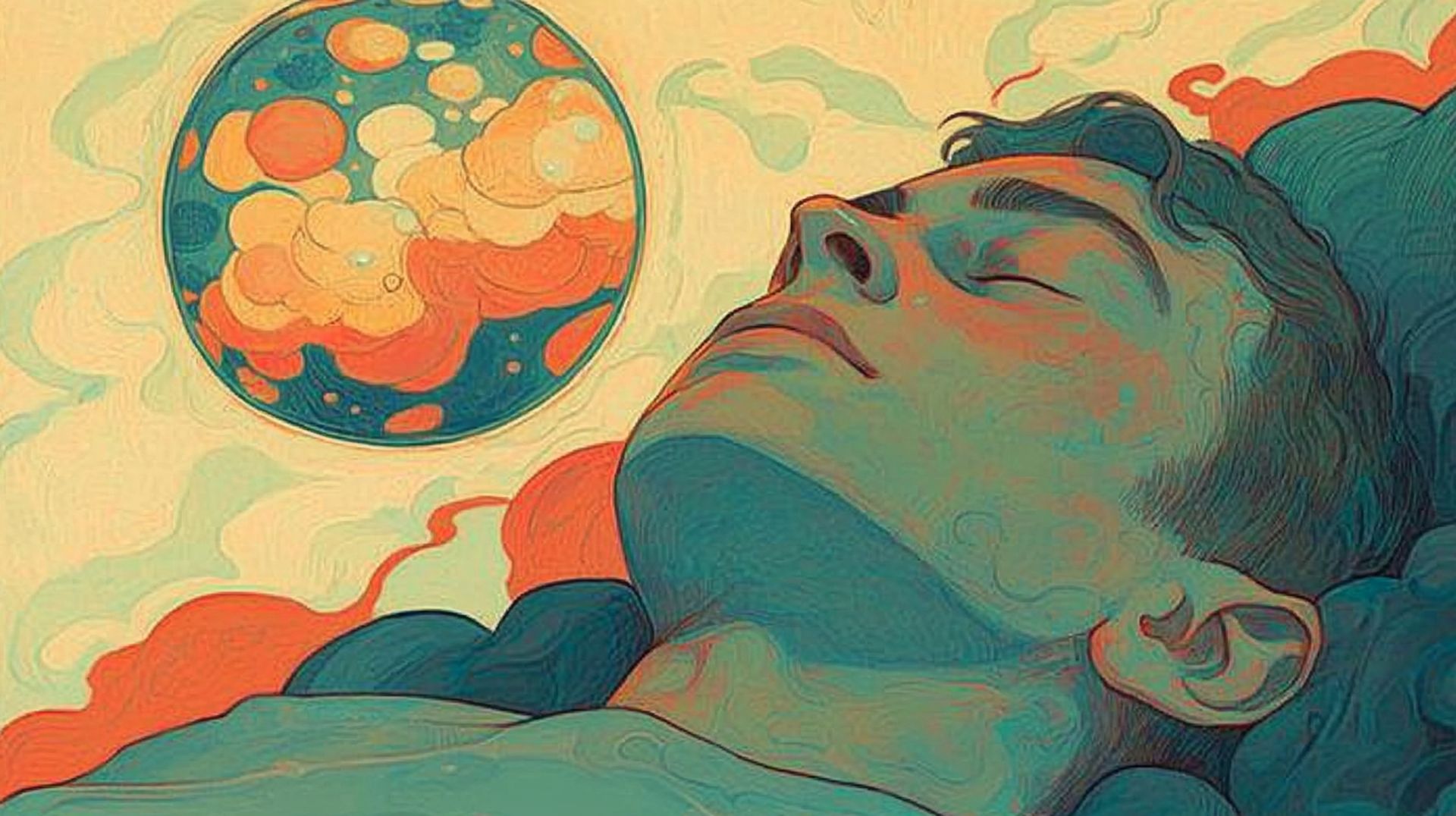Could AI one day replay our dreams?

Imagine waking up in the morning, grabbing a cup of coffee, and then replaying your dreams from the night before like a movie. It sounds like something straight out of a sci-fi thriller, but according to some experts, the technology to make this possible may be closer than we think. Dr. Peter Bentley, writing for BBC’s Science Focus, suggests that the idea of dream-recording AI isn’t a question of “if,” but “when.” And he might be onto something, as recent developments in brain imaging and AI seem to indicate that we are inching toward this once far-fetched concept.
The science behind dream recordingBefore we dive into the future possibilities, it’s important to understand the current science that might one day make dream recording a reality. A 2023 Japanese research study has already laid some of the groundwork. The researchers used functional magnetic resonance imaging (fMRI) scanners to record brain activity in sleeping participants. But there’s a catch: the study didn’t actually focus on dreams. Instead, it concentrated on sleep onset—the first couple of stages of sleep where people experience visual imagery, something akin to mild hallucinations. By using machine learning, the scientists were able to classify various perceived objects, like a key or a person, based on the brain activity observed during this phase.
However, these were not actual dreams, just the initial flickers of visual imagery that come as we drift off to sleep. The researchers chose this approach for a practical reason—participants could wake up immediately and describe what they saw, making it easier to match brain activity with specific images. This, while groundbreaking, is still a far cry from recording and replaying full-blown dreams.
To move from sleep onset imagery to full dream recording, researchers would need an enormous amount of detailed fMRI data from dreaming subjects. This is where things get tricky. For one, the volunteers in these studies would need to be exceptionally good at remembering their dreams in vivid detail, something not everyone can do. Accurate dream recollection is crucial because it would serve as the basis for verifying the AI’s predictions about what was dreamed.
Even more challenging is the question of how to gather this data consistently and reliably. Dr. Bentley acknowledges that while we have vast datasets of fMRI brain activity recorded while participants are awake—watching videos, listening to spoken words, or reading text—capturing similar data during REM sleep, when dreams are most vivid, is far more difficult.
 Could AI one day replay our dreams
Is GenAI the missing link?
Could AI one day replay our dreams
Is GenAI the missing link?
Let’s assume, for a moment, that researchers manage to collect the necessary fMRI data from dreaming participants. The next step would involve using this data to train an AI capable of translating brain activity into a visual or textual representation of the dream. This is where generative AI could come into play. Generative models, such as OpenAI’s Sora and Google DeepMind’s Lumiere, are already adept at creating video sequences that mimic the chaotic and surreal nature of dreams.
In theory, you could feed a textual description generated by a dream-recording AI into one of these generative models to produce a video sequence that reflects the content of the dream. But there’s a significant caveat. These AIs aren’t actually “reading” minds. They’re matching patterns of brain activity to images they’ve encountered before and then stringing those images together into a coherent, if somewhat surreal, narrative.
As one of the sources explains, the final video might look “spookily dream-like” and contain many elements from the original dream, but it won’t be an exact replica. The generative AI wouldn’t know whether its output accurately reflects your dream; it would just be piecing together what it thinks you might have seen, based on the brain activity it was trained to interpret.
How artificial intelligence can enhance binary options trading
The idea of recording and replaying dreams raises a host of ethical questions. For starters, how would this technology impact privacy? Dreams are intensely personal experiences, often reflecting our deepest fears, desires, and memories. The ability to record them, especially if the technology becomes widely available, could lead to situations where individuals feel pressured to share or even manipulate their dreams.
Moreover, the accuracy of such technology would be under constant scrutiny. As noted earlier, these AIs are not perfect mind-readers; they’re pattern-matchers. While they might produce dream sequences that feel eerily familiar, they are unlikely to be perfectly accurate representations. This could lead to potential misunderstandings or misinterpretations, especially if dream recordings were to be used in legal or psychological contexts.
There’s also the question of technological feasibility. While fMRI machines have become more advanced, they are still bulky and noisy, making it difficult to imagine sleeping through a full night’s scan. Portable, silent fMRI machines that could record brain activity without disturbing sleep would be a significant hurdle to overcome before dream recording could become a reality.
 Could AI one day replay our dreams
The road ahead
Could AI one day replay our dreams
The road ahead
So, where does this leave us? Dr. Bentley suggests that given the rapid pace of AI research and development, it wouldn’t be surprising to learn that someone, somewhere, is already working on dream-recording AI. Yet, he also acknowledges that this technology is likely still years, if not decades, away from practical application.
For now, the idea of replaying our dreams remains in the realm of speculation. But as research into brain activity and AI continues to evolve, what seems like science fiction today could very well be tomorrow’s reality. Until then, our dreams remain our own—fleeting, mysterious, and unrecorded.
Image credits: Kerem Gülen/Midjourney
